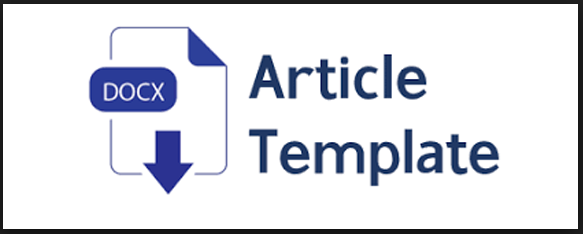The Role of Supervision and Organizational Culture in Improving Employee Performance at the Department of Fisheries and Marine Affairs, Sibolga
Keywords:
Supervision, Organizational Culture, Employee Performance, Department of Fisheries and Marine Affairs, SibolgaAbstract
This study aims to analyze the role of supervision and organizational culture in improving employee performance at the Department of Fisheries and Marine Affairs in Sibolga. Effective supervision and a positive organizational culture are expected to enhance the quality and productivity of employees’ work. The study adopts a quantitative approach with a descriptive and causal research design. Data were collected through questionnaires distributed to 50 employees selected using purposive sampling. The questionnaire measured variables related to supervision, organizational culture, and employee performance. The collected data were analyzed using multiple regression analysis to examine the relationships between these variables. The findings indicate that effective supervision has a positive and significant effect on employee performance. Furthermore, an organizational culture that fosters a conducive work environment also has a significant impact on performance. Overall, supervision and organizational culture jointly exert a strong influence on improving the performance of employees at the Department of Fisheries and Marine Affairs in Sibolga. This research contributes to the understanding of the importance of supervision and organizational culture in enhancing the quality of employee performance in local government institutions.
References
Hasibuan, M. S. P. (2019). Manajemen Sumber Daya Manusia. Jakarta: Bumi Aksara.
Mangkunegara, A. A. Anwar Prabu. (2020). Manajemen Sumber Daya Manusia Perusahaan. Bandung: PT Remaja Rosdakarya.
Robbins, S. P., & Judge, T. A. (2017). Organizational Behavior (17th ed.). Pearson Education.
Sedarmayanti. (2018). Manajemen Sumber Daya Manusia, Reformasi Birokrasi dan Manajemen Pegawai Negeri Sipil. Bandung: Refika Aditama.
Suryani, N., & Purwanto, E. (2021). Pengaruh Pengawasan dan Budaya Organisasi terhadap Kinerja Pegawai di Instansi Pemerintah. Jurnal Administrasi Publik, 8(2), 45–56. https://doi.org/10.31219/osf.io/abcd1
Wibowo. (2016). Manajemen Kinerja (5th ed.). Jakarta: Rajawali Pers.
Zainal, V. R., & Hadad, M. D. (2019). Budaya Organisasi dan Pengaruhnya terhadap Kinerja. Jakarta: Salemba Empat.
Yuliani, T., & Rahman, F. (2020). Peran Pengawasan Internal dalam Peningkatan Kinerja Aparatur Sipil Negara. Jurnal Ilmu Administrasi Negara, 10(1), 12–24. https://doi.org/10.1234/jian.v10i1.567
Peraturan Pemerintah Republik Indonesia Nomor 30 Tahun 2019 tentang Penilaian Kinerja Pegawai Negeri Sipil.
Kementerian Kelautan dan Perikanan. (2022). Laporan Tahunan Kinerja Kementerian Kelautan dan Perikanan. Jakarta: KKP.
Downloads
Published
Issue
Section
License
Copyright (c) 2024 Dr. Hesty Amelia Gultom, SE.,MM , Lidya Angelina Gultom, SE.,MM, Riwayani, S.E, M.M (Author)

This work is licensed under a Creative Commons Attribution 4.0 International License.
You are free to:
Share — copy and redistribute the material in any medium or format for any purpose, even commercially.
Adapt — remix, transform, and build upon the material for any purpose, even commercially.
The licensor cannot revoke these freedoms as long as you follow the license terms.
Under the following terms:
Attribution — You must give appropriate credit , provide a link to the license, and indicate if changes were made . You may do so in any reasonable manner, but not in any way that suggests the licensor endorses you or your use.
No additional restrictions — You may not apply legal terms or technological measures that legally restrict others from doing anything the license permits.
Notices:
You do not have to comply with the license for elements of the material in the public domain or where your use is permitted by an applicable exception or limitation .
No warranties are given. The license may not give you all of the permissions necessary for your intended use. For example, other rights such as publicity, privacy, or moral rights may limit how you use the material.



